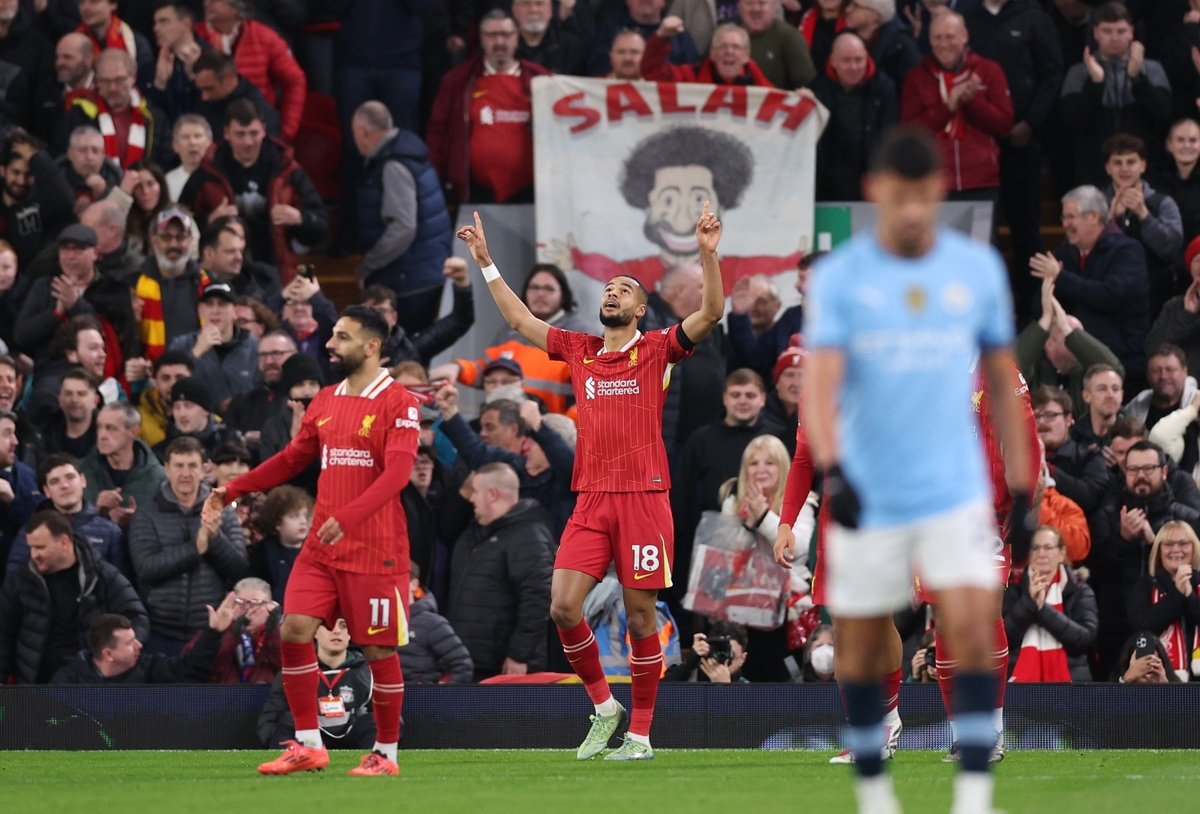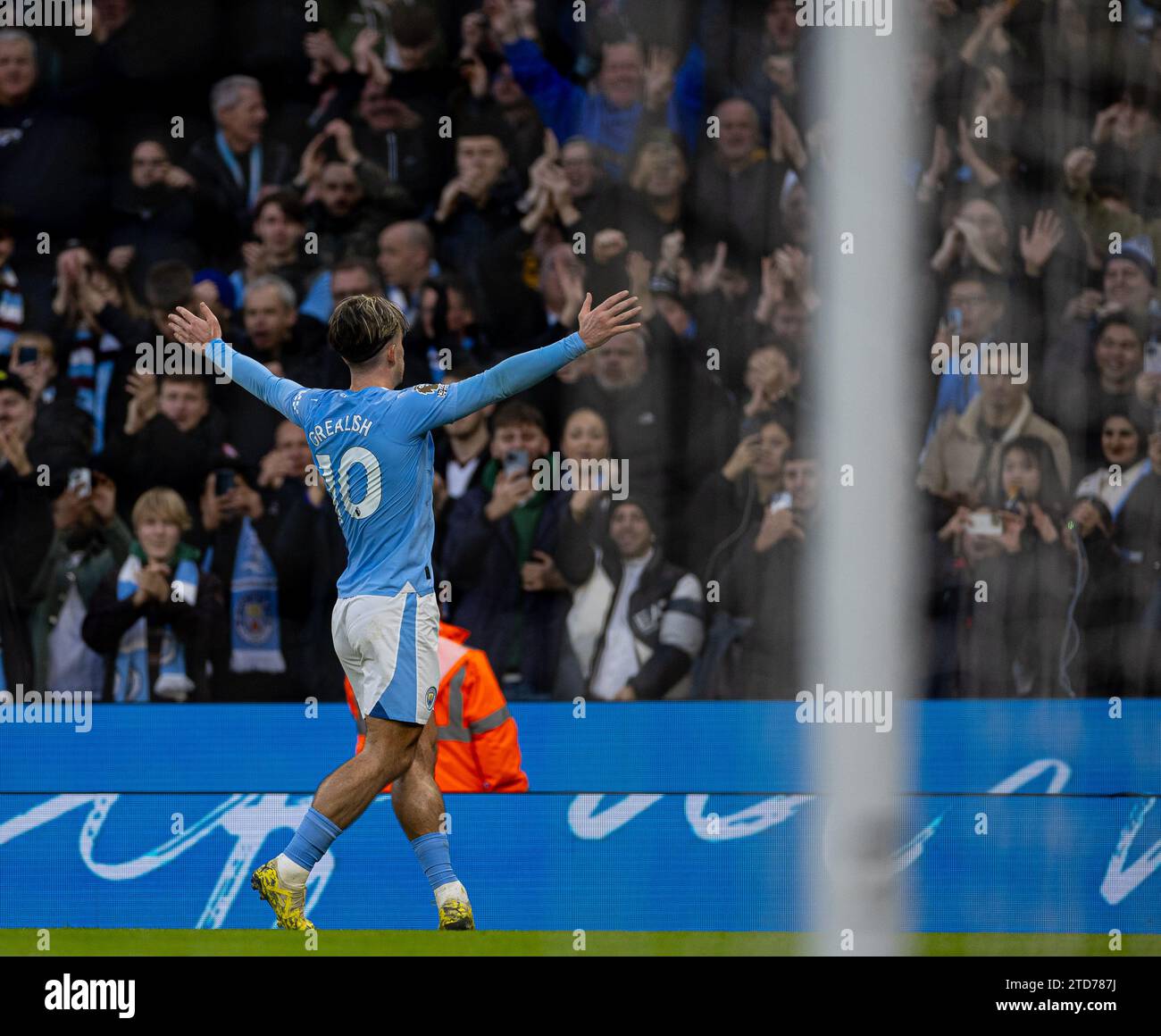
The Decline of English Talent in Premier League's Biggest Rivalry
As Manchester City and Liverpool continue to dominate the Premier League, the diminishing presence of English players in their squads raises concerns about the future of homegrown talent in the league. Once a battleground filled with homegrown talent, the matches between these two clubs, often dubbed the Premier League's Clasico, now reflect a worrying trend: the decline of English representation on the pitch.
In the 2017-18 season, both teams featured a robust lineup of English players, with at least seven involved in their encounters. Fast forward to today, and the landscape has changed dramatically. Key players like Jack Grealish and Jordan Henderson have either been sidelined or have moved on, causing a significant reduction in the English contingent.
A Statistical Reality Check
The most recent statistics highlight this alarming shift; during the latest encounters between Manchester City and Liverpool, the only English representative from either side was Curtis Jones, who has struggled for game time. This stark contrast to previous seasons, where the likes of Kyle Walker, John Stones, and Raheem Sterling were mainstays, raises questions about the effectiveness of Premier League academies. Are they still producing players capable of competing at the highest level, or have they become mere revenue streams?
In the 2017-18 season, when City and Liverpool clashed, there were never fewer than seven English players involved in any of those games. On January 14 of that season, the Premier League meeting featured eight English players — a strikingly different picture from recent matches.
“It’s indicative of a broader trend,” noted a football analyst, highlighting the concern among fans and pundits alike. “The lack of English talent in these high-stakes matches could undermine the very authenticity of the Premier League.”
As discussed in the analysis, the only representative from either club during the notable fixtures was Curtis Jones, compared to the likes of Walker, Stones, and Sterling previously. This is a clear sign of the changing demographics in a league that prides itself on its competitive nature.

The Impact of Foreign Talent
The influx of international talent has reshaped team dynamics in both clubs. As clubs like Manchester City and Liverpool continue to invest heavily in foreign players, one cannot help but wonder about the long-term implications for English football. The Premier League's global appeal is undeniable; however, the absence of local talent in pivotal matches could diminish its authenticity.
Recent acquisitions like Dominik Szoboszlai, Alexis Mac Allister, and Ryan Gravenberch have raised the stakes in the Premier League, but at what cost? The trend suggests that the big clubs are prioritizing immediate success over nurturing homegrown talent.
“For all the talk of the success of Premier League academies, how many are now revenue streams rather than production lines serving the first team?” questioned a former club executive.
In this evolving landscape, players like Jack Grealish, who once lit up the pitch for City, face uncertain futures. Grealish's absence from the upcoming Club World Cup squad raises eyebrows, as it has been noted that his path back to the England team is becoming increasingly precarious.

The Future of English Football
The Premier League must address this trend before its most significant matches begin to feel devoid of the local flavor that once defined them. It is not a plea for quotas or limits, as the league was founded on excellence and global appeal. Clubs should have the right to pursue success as they see fit. However, this traditional rivalry should not begin to feel foreign, even as the clubs evolve.
As fans and analysts alike ponder the future, it remains crucial that the Premier League find a balance between the pursuit of excellence and the nurturing of homegrown talent. With key players leaving the scene, the next generation of English footballers must step up. The league's integrity and its very essence as a competition could be at stake.

Conclusion
In summary, the decline of English representation in the rivalry between Manchester City and Liverpool serves as a microcosm of a larger issue within the Premier League. While foreign talent continues to flood into the league, the future of homegrown players remains uncertain. If clubs do not pivot towards better integrating local talent, the league could risk losing its unique identity and connection with its roots. The upcoming season promises to be pivotal, not just for clubs but for the landscape of English football itself.
The excitement surrounding the Premier League can and should coexist with an emphasis on developing local talent. For fans, there's a hope that the next generation will rise to the occasion and reclaim a place in the hearts of supporters, ensuring that the "Clasico" retains its significance.
"The biggest game of the Premier League season should not take place without the presence of English players," a prominent journalist stated, encapsulating the sentiment of many who cherish the league's heritage.
As the curtains rise on another season, the spotlight remains firmly on the clubs, their strategies, and the players who will shape the future of English football.
